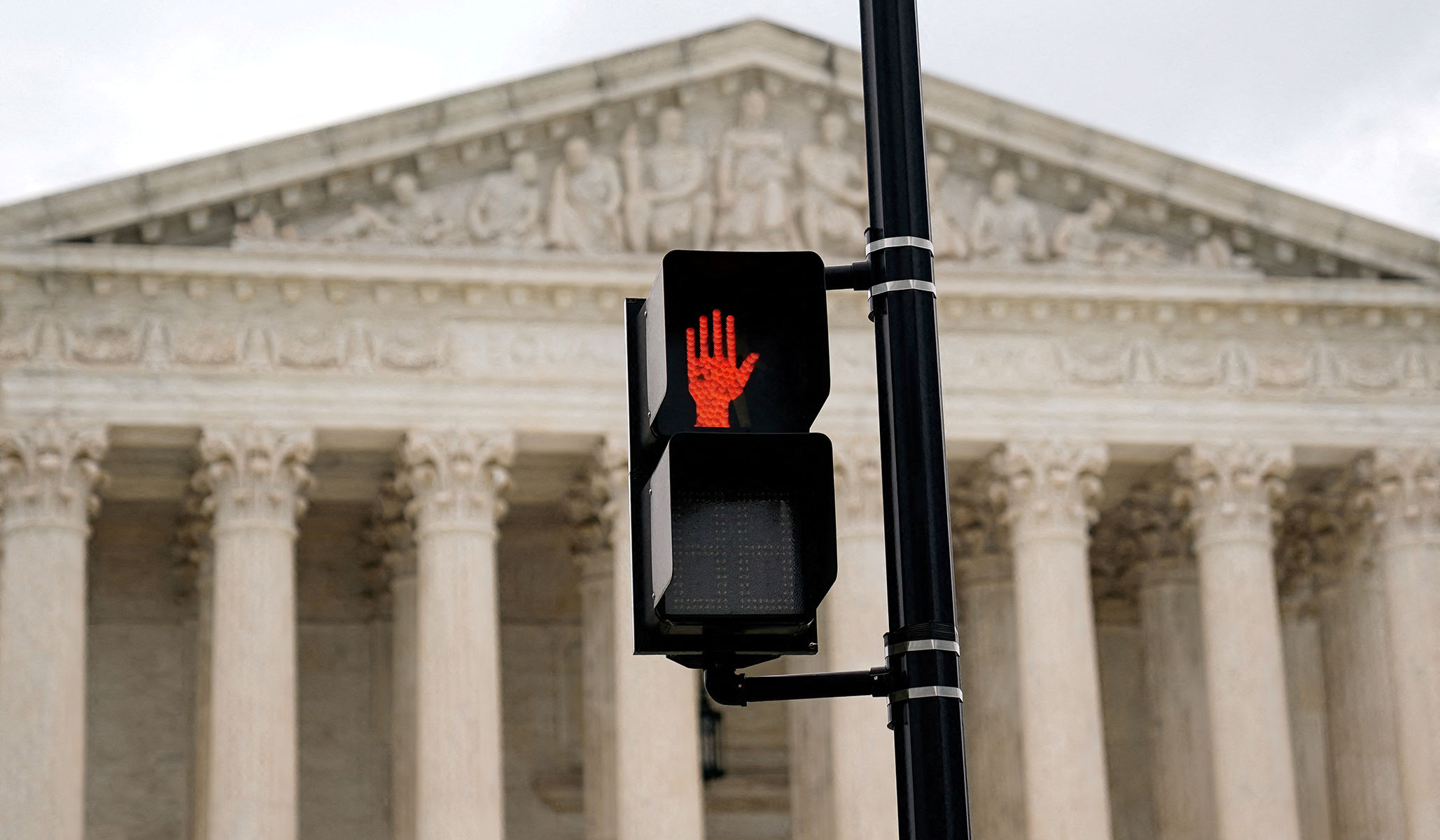


- Justice Thomas is devastating and succinct about the claim that racial discrimination is needed to secure a diversity of outlooks on campus:
More fundamentally, it is not clear how racial diversity, as opposed to other forms of diversity, uniquely and independently advances Harvard’s goal. This is particularly true because Harvard blinds itself to other forms of applicant diversity, such as religion. . . . It may be the case that exposure to different perspectives and thoughts can foster debate, sharpen young minds, and hone students’ reasoning skills. But, it is not clear how diversity with respect to race, qua race, furthers this goal. Two white students, one from rural Appalachia and one from a wealthy San Francisco suburb, may well have more diverse outlooks on this metric than two students from Manhattan’s Upper East Side attending its most elite schools, one of whom is white and other of whom is black. If Harvard cannot even explain the link between racial diversity and education, then surely its interest in racial diversity cannot be compelling enough to overcome the constitutional limits on race consciousness.
- That excerpt also suggests a limit to the schools’ ability to game the new legal regime to achieve particular racial balances. If in litigation it turns out they’re keeping track of the racial composition of their student bodies, it will be fair to ask what possible legal purpose they could have for doing so.
- It also highlights one of the worst features of collegiate affirmative action: all of the lying it involves. The universities haven’t been trying to rectify past discrimination, they haven’t been putting a light thumb on the scale, they can’t simultaneously make race a “plus factor” for some people without making it a minus for others: The rhetoric they use is insulting nonsense, and they are desperate to keep the seamy details of their admissions processes secret.
- A number of commentators, including people on the right who cheer the rulings, have been lumping in admissions preferences for athletes along with those for children of alumni and for certain racial minorities. I think this is a mistake: Colleges can legitimately take into account athletic excellence — like, for example, artistic excellence — as a dimension of merit. It is possible that many of them go too far, but in principle there is no reason we have to reduce admissions to test scores and grades.
